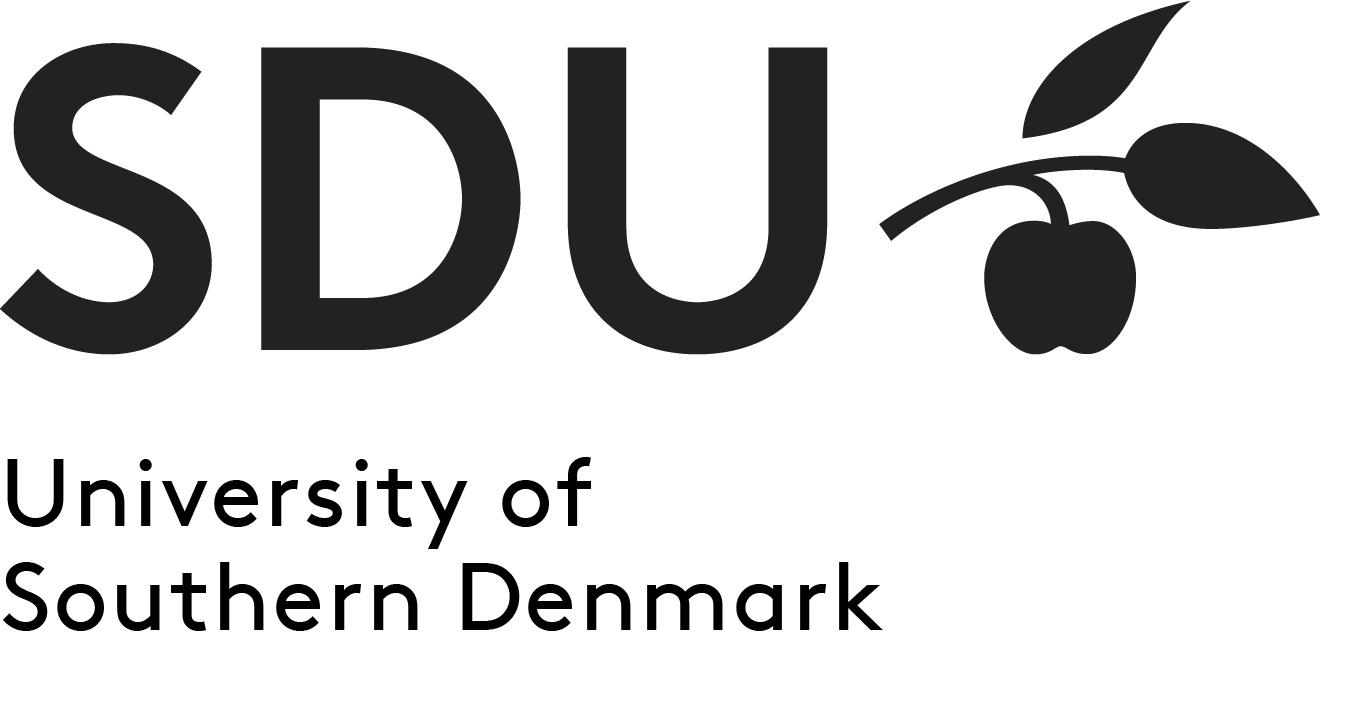Approach
explore. engage. elevate.
Our work recognizes that knowledge sharing is not linear, but highly relational, multidirectional, co-constructed, and built on trust. This approach requires us to explore and share knowledge in new spaces and ways.
Drawing on social network science, we examine how knowledge and resources move through existing networks—called social opportunity spaces (SOS). Engaging with and within these SOS creates opportunities to better identify and understand the needs, behaviors, and perspectives of audiences.
Engaging SOS enables Resource Architects to build better local partnerships and understand local needs and assets.
What’s a Resource Architect?Social Opportunity Spaces
A Social Opportunity Space is where content, audience, and communities intersect and interact. This space is established through social networks in which users interact and move content. Understanding these interactive spaces supports Resource Architects to design and establish content in ways that are useful, accessible, and inviting to audiences.

